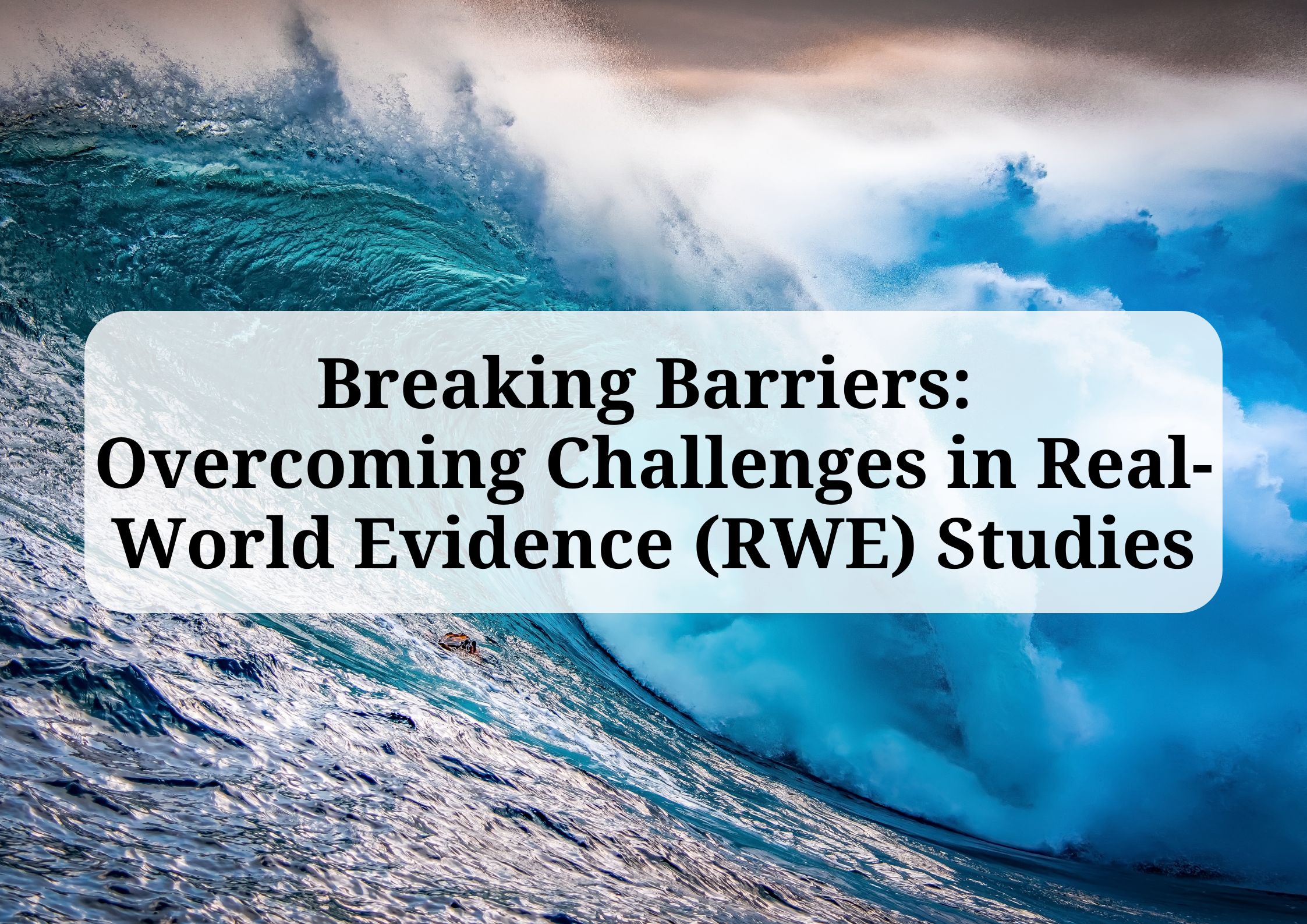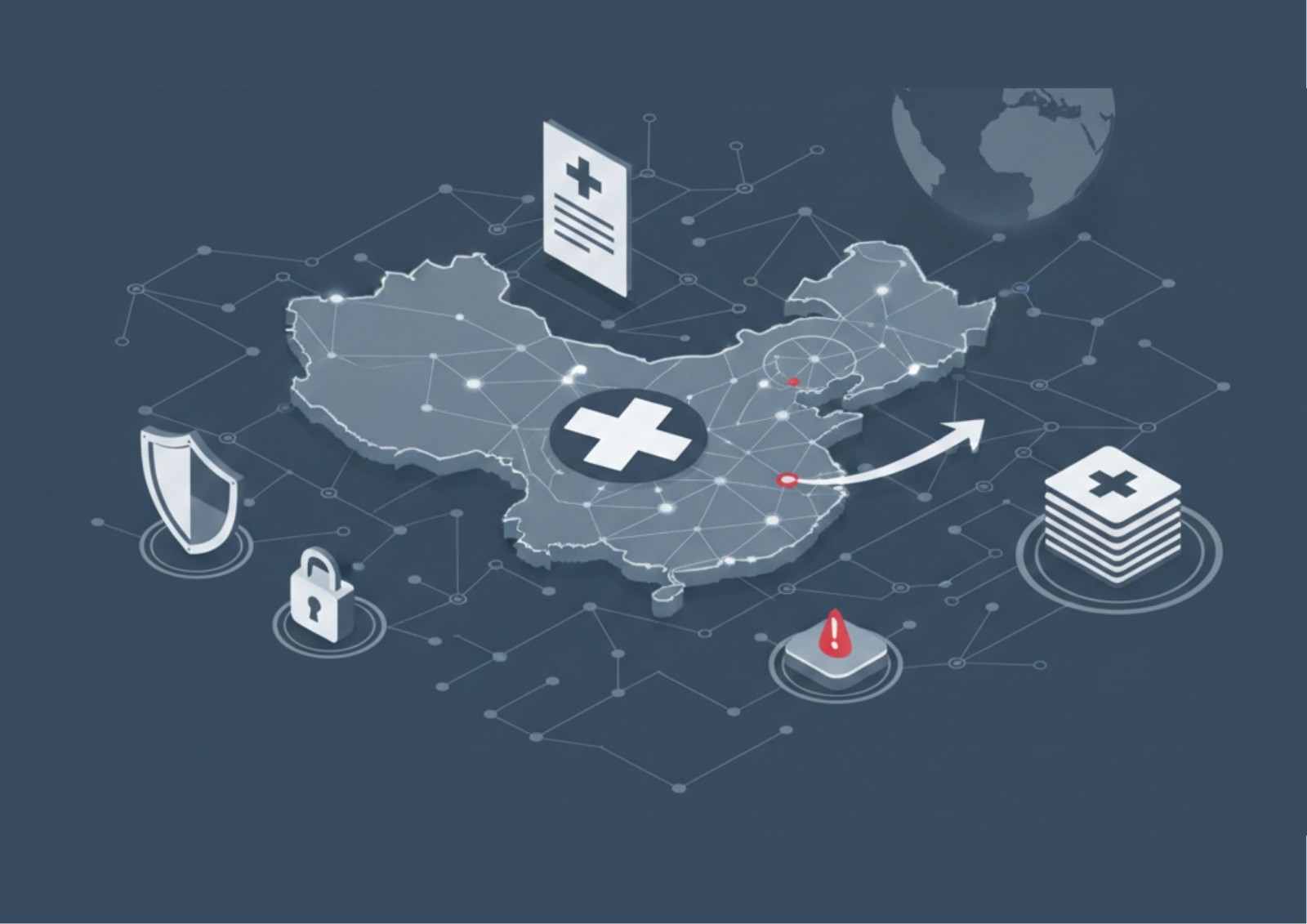
Real-world studies are reshaping the future of healthcare research. By capturing data outside the controlled environment of clinical trials, these studies reveal how treatments perform in everyday settings, among diverse patients, across healthcare systems, and under varying conditions.
However, while the value of real-world evidence (RWE) is widely acknowledged, executing these studies effectively remains a challenge. Issues with data quality, fragmented systems, regulatory differences, and patient engagement often stand in the way of delivering insights that truly drive better care.
At Youli, a China-based market research company with expertise across B2B, B2C, and healthcare, we’ve seen how addressing these hurdles can unlock the full potential of RWE. In this blog, we’ll explore the key challenges in real-world studies and the solutions that can help researchers, healthcare organizations, and industry leaders move forward.
Why Real-World Studies Matter
Unlike randomized controlled trials (RCTs), which take place in controlled environments, real-world studies analyze data from routine clinical practice, such as electronic health records, insurance claims, registries, or even patient-reported outcomes.
This approach provides a clearer picture of how treatments perform outside of trial conditions. For example:
• Do elderly patients respond differently?
• How does treatment adherence affect outcomes?
• Are therapies cost-effective in everyday practice?
These insights are not only scientifically valuable but also critical for regulators, payers, and patients. However, extracting them is not always simple.
The Challenges of Real-World Studies
1. Data Quality and Reliability
One of the most pressing challenges is ensuring data accuracy. Real-world data often comes from multiple sources: hospitals, clinics, insurance providers, or digital devices. Missing values, inconsistent coding, or biases in data collection can limit the reliability of results.
2. Lack of Standardization
Healthcare systems differ widely in how they capture and store data. In China, for example, hospital systems often use localized formats that are not easily compatible with international datasets. This lack of standardization makes cross-border comparisons difficult.
3. Regulatory and Ethical Hurdles
Patient privacy and data protection are sensitive issues worldwide. In healthcare research, compliance with regulations such as HIPAA in the U.S., GDPR in Europe, or China’s PIPL is critical. These frameworks vary, creating complexity for multinational studies.
4. Methodological Complexity
Unlike RCTs, where participants are randomized, RWS often deal with unstructured and non-randomized data. It is challenging to separate correlation from causation, especially when patients may be on multiple treatments or have comorbidities.
5. Industry Skepticism
While regulators like the FDA and EMA have started embracing RWE in approval processes, many healthcare professionals still view RCTs as the “gold standard.” Convincing stakeholders of RWS validity remains an ongoing challenge.
Solutions Emerging in Real-World Studies
Strengthening Data Quality
Healthcare research companies are investing in advanced data cleaning and validation processes. Artificial intelligence and machine learning tools are also helping identify anomalies and fill gaps in datasets. At Youli, we emphasize combining structured and unstructured data carefully to maximize reliability.
Creating Global Standards
International initiatives are underway to improve standardization. For example, the Observational Medical Outcomes Partnership (OMOP) common data model is helping harmonize healthcare data across borders. In China, more hospitals are adopting international coding standards, which will enable smoother collaboration with global research.
Addressing Regulatory Concerns
Transparency and robust consent processes are essential. Clear communication with patients about how their data will be used helps build trust. Companies that can navigate complex regulatory environments and maintain strict compliance will stand out as trusted partners.
Improving Study Design
To deal with methodological complexity, hybrid approaches are becoming more common. Researchers are combining prospective real-world studies with retrospective data analysis. Techniques like propensity score matching also help reduce bias, making findings more credible.
Building Confidence in RWE
The more success stories we see, the more confidence stakeholders gain. For example, regulators have already used RWE to expand indications for oncology therapies. Sharing case studies where real-world insights directly improved patient outcomes will encourage broader acceptance.
The Role of China in Real-World Evidence
China is quickly becoming a significant player in real-world research. With its vast population and rapidly digitizing healthcare system, the country offers unique opportunities for gathering large-scale, diverse datasets.
At Youli, we see increasing demand from global pharmaceutical and healthcare companies to leverage Chinese patient data, whether in oncology, rare diseases, or chronic conditions. By combining local expertise with global research standards, companies can unlock valuable insights that drive innovation worldwide.
Moving Forward: How Companies Can Succeed
For organizations planning to invest in real-world studies, here are practical tips:
• Prioritize Data Partnerships: Build strong relationships with hospitals, registries, and patient advocacy groups.
• Invest in Technology: Leverage AI-driven tools for data cleaning, integration, and analysis.
• Stay Ahead of Regulations: Work with local partners who understand country-specific compliance rules.
• Design Thoughtfully: Use hybrid models and statistical methods that address bias.
• Value Patients: Ensure transparency, protect privacy, and recognize that patient trust is the foundation of healthcare research.
Conclusion
Real-world studies are reshaping healthcare research by providing insights that traditional trials cannot capture. But to realize their full potential, challenges around data quality, standardization, regulations, methodology, and trust must be addressed.
At Youli, we believe that collaboration between global healthcare innovators and local experts in China is key to overcoming these challenges. By combining rigorous research practices with deep market knowledge, real-world studies can deliver meaningful outcomes for patients, providers, and the entire healthcare ecosystem.
Ready to level up your next survey?
Let’s talk about how smart design and solid fieldwork can transform your research results.
📩 Get in touch with our team at: RFQ@youli.tech
_1769067678558.jpg)

